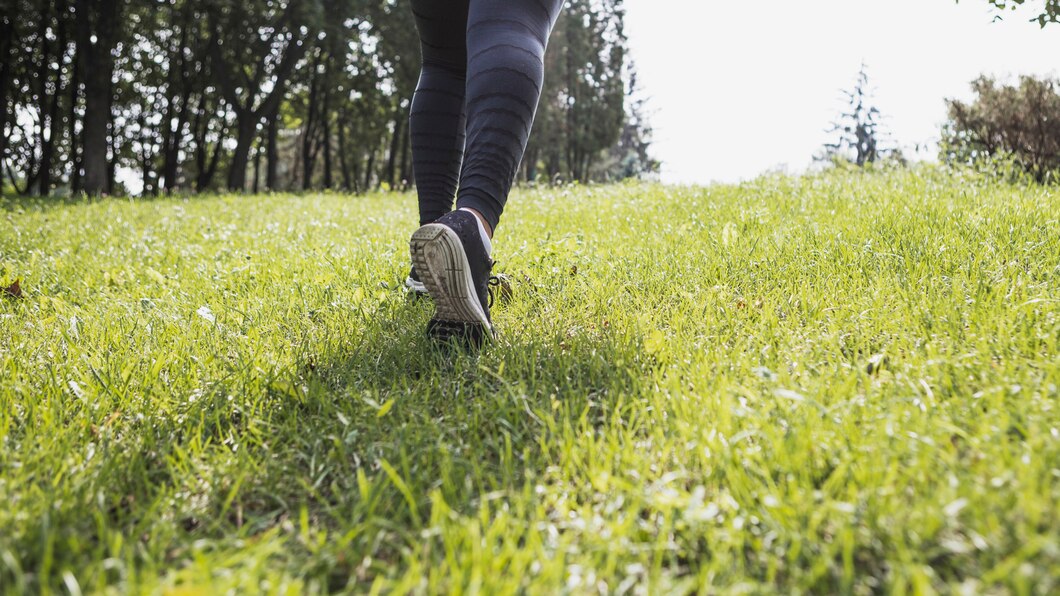Do your lips crack from the corner?
Does this problem happen frequently?

So you need to pay attention to this because it can be a sign of some diseases. Yes, you can have angular cheilitis. Angular cheilitis is an inflammation of the skin at the corners of the mouth. If you are also troubled by this problem and want to know in detail about Angular Cheilitis, thendefinitely read this article. Expert NiharikaBudhwani of nutrition company Health Hatch has shared this information through her Instagram.
Sharing the video, he wrote in the caption, 'Up to 25% of people with angular cheilitis are deficient in iron or vitamin-B. The following things are associated with angular cheilitis:
- Vitamin B deficiency (especially B12, folate, and riboflavin)
- Detect Mineral Deficiency (Zinc or Iron)
- general protein deficiency
What is Angular Cheilitis?

Angular cheilitis is a common skin condition that affects the corners of your mouth and later leads to painful, cracked sores. People often confuse angular cheilitis with a cold sore. But unlike cold sores, angular cheilitis is not contagious. This condition usually goes away with special skin ointments, medication or changes in diet.
Who can get Angular Cheilitis?

The problem of angular cheilitis is very common in old age people and very young children. This happens in elderly people because they can wear dentures or they get loose skin at the corners of the mouth which causes dryness in the corners of the mouth. Thumb sucking and drooling can crack the corners of babies' mouths.
Symptoms and causes of angular cheilitis
Saliva gets deposited in the corners of the mouth and causes dryness. Excessively dry skin in this area can lead to angular cheilitis. Sometimes bacteria or fungus get into the cracks, which can lead to inflammation or infection.
Causes of dry and cracked lip corners that can trigger angular cheilitis include:
- Atopic dermatitis or eczema
- Dentures that don't fit
- drooling during sleep
- Fungal or yeast infection in the mouth, such as thrush
- Skin allergy
- Thumb suck
- Wearing a face mask
What are the risk factors for angular cheilitis?
However, this problem can affect people of any age or gender. Some factors that may increase your risk include:
- Chronic problems such as diabetes or inflammatory bowel disease (IBD)
- Down syndrome, can cause dryness or loose skin on the face
- Immune system disorders, such as HIV
- Low levels of B vitamins, iron, or protein
- Rapid weight loss
- wrinkled skin due to ageing
- Smoking
- stress
What are the best sources of these minerals and vitamins?
- Cyanocobalamin/Vitamin B12 - Supplementation of vitamin B12, non-vegetarian sources such as meats, seafood, fortified cereals and milk products.
- Folate – Legumes, eggs, green leafy vegetables, beets, nuts and seeds, citrus fruits, wheat germ, broccoli, avocados, and fortified cereals.
- Riboflavin - Milk and milk products, eggs, meat, salmon.
- Iron - non-vegetarian sources, garden cress seeds, tofu, lentils, pumpkin seeds, dark chocolate.
- Zinc - Meats, legumes, seeds, nuts, cheddar cheese, dark chocolate.
- Protein - non-vegetarian sources, dairy products, tofu, soybeans, pulses and legumes.
Image credit: Shutterstock &Freepik
DISCLAIMER
Your skin and body are different just like you. We endeavour to bring you accurate, safe and expertly verified information through our articles and social media handles but still consult your doctor before trying any home remedy, hack or fitness tip.










